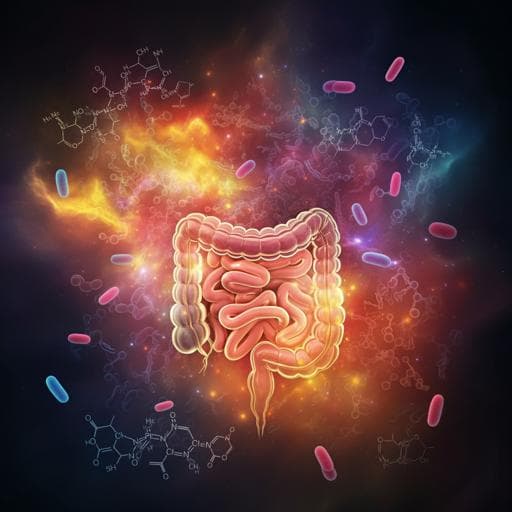
Biology
Xylan utilisation promotes adaptation of Bifidobacterium pseudocatenulatum to the human gastrointestinal tract
Y. Watanabe, Y. Saito, et al.
Discover how long-chain xylan (LCX) boosts the growth of Bifidobacterium pseudocatenulatum in the human gut! This groundbreaking research by authors Yohei Watanabe, Yuki Saito, Taeko Hara, and others highlights the potential for dietary strategies to enhance gut microbiota health through LCX utilization.
Related Publications
Explore these studies to deepen your understanding of the subject.







